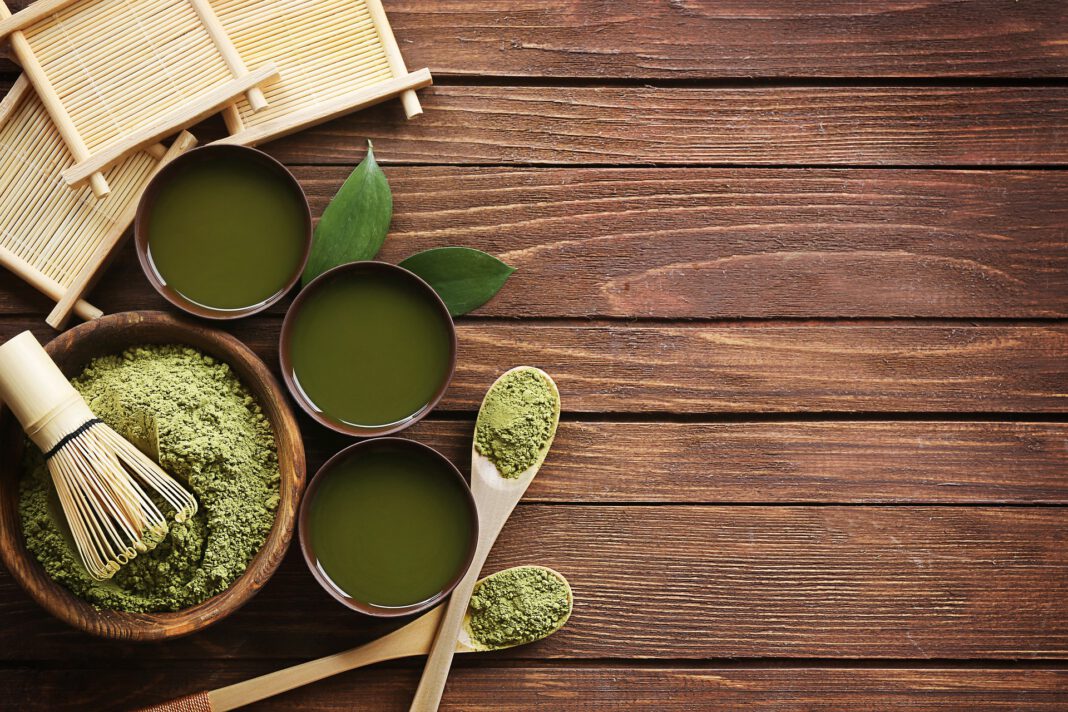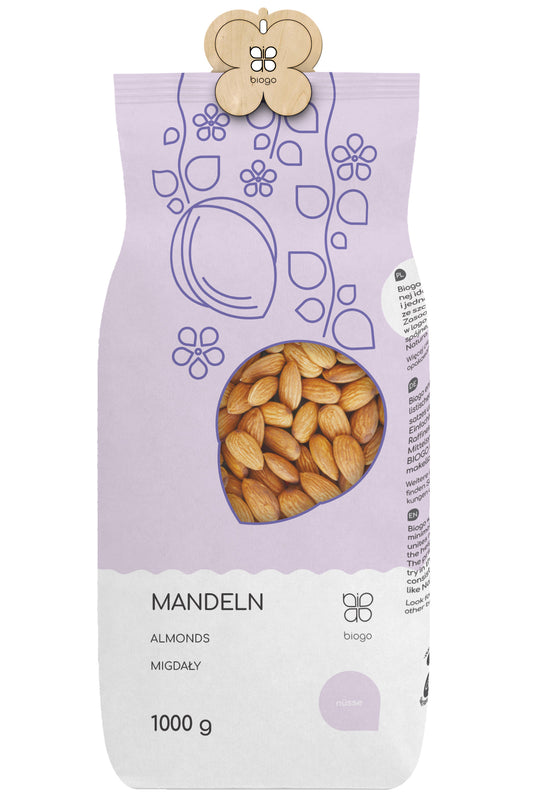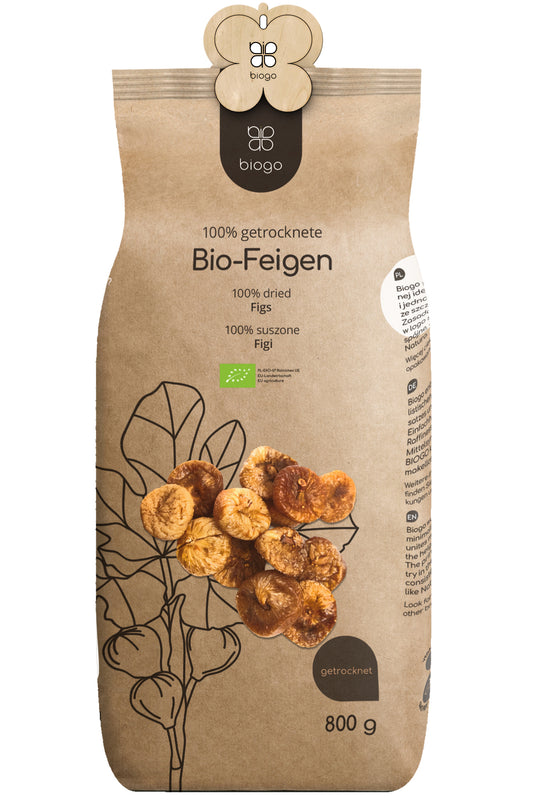- Matcha - Properties of green powder
- How do you prepare matcha tea?
- Matcha - contraindications and the possibility of overdose
Or matcha comes from China. It is considered one of the healthiest teas in the world and is said to have a number of health-promoting properties. What exactly is it, why is it so special, is it difficult to prepare, and how should it be prepared to utilize its full potential? The secret of growing this tea lies in protecting the bushes from the sun with a bamboo roof two weeks before the leaves are harvested. This makes the leaves paler, slightly green, and at the same time, they produce more amino acids. This influences the taste and aroma of the tea. After the leaves are picked, they are ground to a very fine powder in specially built mills. The taste is delicate, like traditional green tea, but matcha it has a more intense, characteristic aftertaste and is quite bitter.
Matcha - Properties of green powder
It is said to have many health-promoting properties. Here are some of them:
- has a relaxing effect – a few minutes after brewing the tea, L-theanine is produced, which can have a relaxing and calming effect, while maintaining mental clarity and full concentration,
- adds energy - a cup of matcha contains a similar amount of caffeine as a cup of coffee,
- supports the process of losing weight and cleansing the body - Matcha contains gallate epigallocatechins , i.e. the EGCG compound, which has a significant effect on accelerating metabolism and helps to remove toxins from the body,
- Improves concentration and memory thanks to its L-theanine content, which helps maintain adequate levels of dopamine and serotonin, which significantly influence our mood and motivation. Their deficiency can lead to malaise and, in the long term, even depression.
- supports the body's immunity - Matcha contains catechins with antibacterial and antiviral properties, as well as vitamins A and C, iron, potassium and calcium,
- helps lower the level of bad cholesterol - if we drink it regularly.
How do you prepare matcha tea?
To prepare tea the traditional way, we should have the right accessories. These include:
- special cup,
- Bamboo spoon used for pouring tea,
- Bamboo whisk that grinds and beats the powder,
- Optionally, a sieve for sifting the powder before brewing to ensure that no lumps form.
- A teaspoon of tea is poured into a cup, which is then covered with water at about 70°C (168°F), never boiling. Then, the tea is stirred with a whisk until the powder dissolves and a fine foam forms. What if we don't have the right kit? We can use a regular cup and mix the powder with a milk frother.
Matcha - contraindications and the possibility of overdose
- Although matcha has many beneficial health benefits, it is recommended to drink 1-2 cups per day due to the risk of overdose. Consuming more than the recommended amount can lead to adverse effects such as excessive excitation, difficulty falling asleep, difficulty concentrating, and even nausea and abdominal pain. Due to its caffeine content, matcha is not recommended for children, pregnant, or breastfeeding women. Furthermore, it is not recommended for people with kidney disease, including kidney stones, liver disease, and gout. It is also important to choose tea from trusted sources, preferably organic. Tea from unreliable sources may be contaminated with lead and pesticides.
THE PUBLISHER'S CHOICE
Dried dates 1 kg BIOGO
- £4.00
£5.00- £4.00
- Unit price
- / per
Almonds 1 kg BIOGO
- £11.00
£13.00- £11.00
- Unit price
- / per
Peeled sunflower seeds 1 kg BIOGO
- £3.00
£4.00- £3.00
- Unit price
- / per
Dried organic mango 400 g BIOGO
- £10.00
- £10.00
- Unit price
- / per
Dried White Mulberries 500 g ORGANIC
- £6.00
£7.00- £6.00
- Unit price
- / per
Popcorn (corn kernels) organic 1 kg BIOGO
- £6.00
- £6.00
- Unit price
- / per
Organic Ground Turmeric 500 g BIOGO
- £6.00
- £6.00
- Unit price
- / per
Milk thistle seeds 1 kg BIOGO
- £4.00
- £4.00
- Unit price
- / per
Dried organic figs 800 g BIOGO
- £27.00
- £27.00
- Unit price
- / per
Bag #changezbiogo Cotton v.2
- £3.00
- £3.00
- Unit price
- / per






































































































































